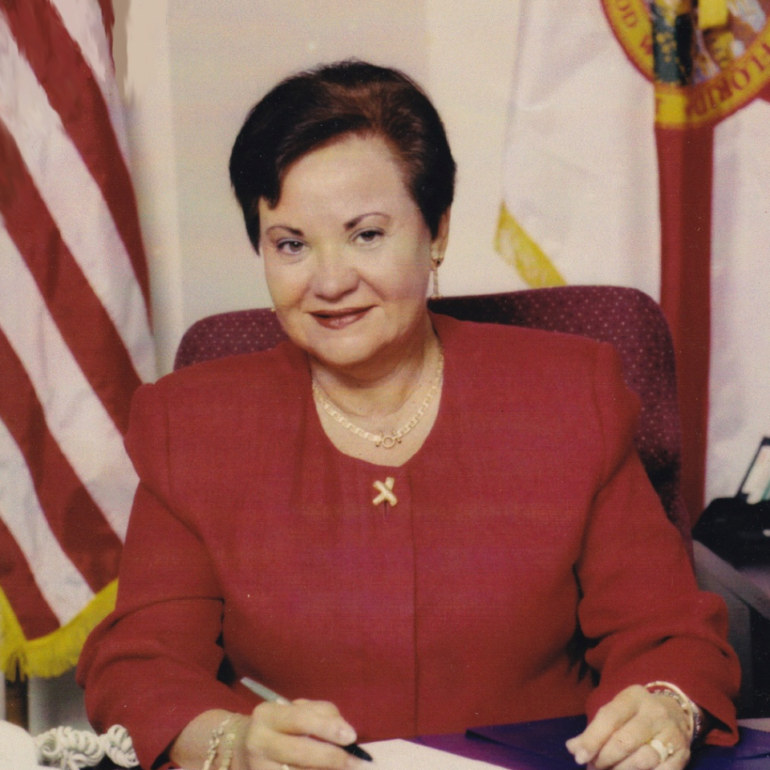-
Brenna Lasky, 34, spent eight years working in recruiting for Meta, Google, and Salesforce.
-
Lasky now has a career coaching business and shares insights for applicants struggling to land jobs.
-
She suggests fixes for applicants struggling to get past certain stages of the application process.
This as-told-to essay is based on a conversation with 34-year-old Brenna Lasky, who worked in recruiting at Google, Meta, and Salesforce. Her identity and employment have been verified. This story has been edited for length and clarity.
I spent eight years recruiting for tech companies, including Meta, Salesforce, and Google. I learned a ton about what hiring managers are looking for.
Prior to working in Big Tech, I really struggled with my own job search process and received rejections. I was mass-applying. I was playing a numbers game. I wasn’t revising my resume. With each application, I was just sending it out and hoping for the best.
I launched a career coaching business in September to help job seekers understand where they might be missing the mark and how they can get into Big Tech. My goal is to help demystify the job search process and understand what it takes to get into companies.
If you’re applying to roles but find yourself getting stuck at one of these points in the application process, I would encourage you to take a step back to understand where you may need to make adjustments.
Usually, if you’re not getting interviews, it’s related to your résumé because your résumé is the first step in the process. I would check to see if your résumé a laundry list of everything you’ve ever done or if you’re doing a good job of showing the relevant skills and how your past experience directly relates to the role that you’re applying to.
Also, if you’re mass-applying and not tailoring your résumé, there’s a good chance you might not be hitting all of those minimum qualifications.
The reason why people say to tailor your résumé or make sure that you include keywords is not necessarily because there’s this evil applicant tracking system that is going to auto-reject your résumé. It’s instead because recruiters are comparing résumés against the minimum qualifications.
Obviously, it’s super time-consuming to change your résumé every single time if you’re doing tons of applications. So something that I always like to recommend to my clients is having a baseline résumé. If you’re a program manager, have your program manager résumé. Then, based on each job that you apply for, go through those minimum qualifications and feel free to add small tweaks here and there.
I also always suggest to clients that I work with, if you do know someone who works at a company that you want to work with, definitely reach out to them. If you can get a referral, especially in Big Tech, that will help you. That being said, referrals aren’t a guarantee for getting a job. Your referral isn’t going to be there holding your hand or doing actual interviews with you.
Each team has a different individual process, but as a general rule of thumb, you’ll always start with a recruiter screen. That’ll be around 30 minutes. It’s really just a quick pulse check on whether the person did what their résumé claims and if they are able to potentially do the job at hand. Having really solid answers where you can come into the interview and feel confident is worth the extra time it takes.
There’s pretty much a guarantee that there are four common questions that you’ll be asked in recruiter screens:
Tell me about yourself.
Why are you interested in this position or company?
Why are you looking for a new role?
What are your salary expectations?
Rather than simply relaying your experience, connect the dots for your recruiter on why you’re a good fit for the role and why they should move your application forward. A mistake a lot of people make is they rely too much on their past experience. I always recommend that applicants speak to the job that they want to have.
After the screening call, you’ll typically do a 30-to-45 minute hiring manager screen. They’ll give you the goals of the team and what they’re looking for. Then, that hiring manager will decide if this is someone they want to move forward with.
Once you meet with the team, you’ll typically meet with two to four decision-makers with whom you’d work daily. Those interviews are typically geared toward behavioral questions and technical skills.
I always suggest coming up with five to six stories that highlight your impact and achievements as evidence as to why you’re a great fit for the role. I like this number because it gives you a broad enough range to pull from depending on the questions, but it’s not so overwhelming that when you’re on the spot, you panic and try to go through 20 different examples.
To understand what examples to speak to, I would suggest going back to the job description and looking at the bullet points or the minimum qualifications. For each one of those bullet points, come up with an example of how you were able to help solve that problem.
Read the original article on Business Insider
EMEA Tribune is not involved in this news article, it is taken from our partners and or from the News Agencies. Copyright and Credit go to the News Agencies, email news@emeatribune.com Follow our WhatsApp verified Channel



